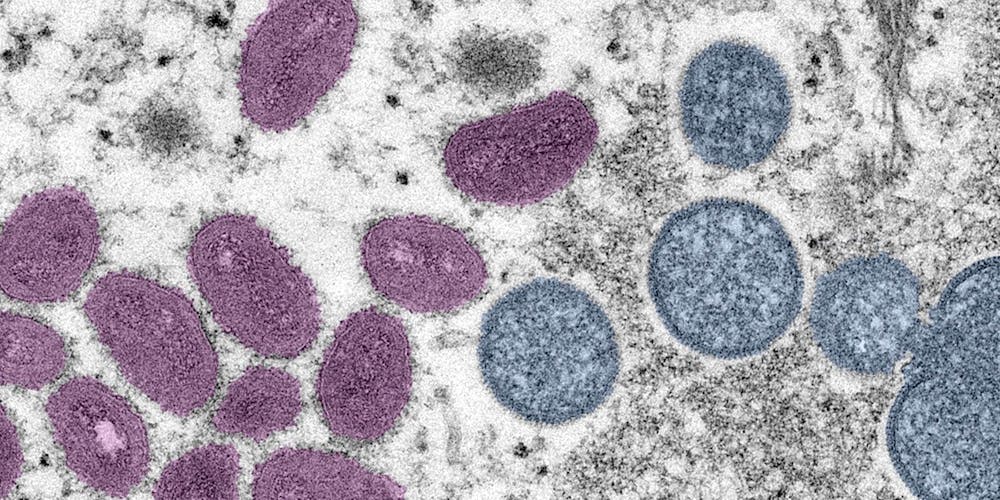The Florida Department of Health reported Alachua County’s first confirmed monkeypox case last week.
The World Health Organization declared the monkeypox outbreak a global health emergency Saturday after it was discovered in 74 countries, 68 of which had not historically reported monkeypox.
Florida’s first presumptive case was identified May 22.
The state’s 264 probable cases cases rank Florida third in the U.S. on Friday. Broward County had the highest count, with 129 cases.
Alachua County may not be able to do much to prevent the spread of monkeypox, Alachua County spokesperson Mark Sexton said. Public health protocols typically operate under the state’s Department of Health.
Paul Myers, an administrator for the Florida Department of Health in Alachua County, could not be reached for comment in time for publication after numerous attempts by phone Sunday.
Infected people typically experience flu-like symptoms at first, like fever, chills, headache, tiredness and muscle aches — this usually worsens with lymph node swelling and a rash on the face and body. The illness usually lasts two to four weeks.
Though monkeypox is a rare disease caused by a virus most common in central and western Africa, infections have increasingly spread to other parts of the world starting in late June. It is transmitted from animals to humans, but an infected person can spread it to other people through prolonged face-to-face contact or contact with an active rash, according to the Florida Department of Health website.
As the virus spreads in the U.S., the CDC advises people to be cautious in situations where one may experience skin-to-skin contact; being in crowded areas, like clubs, and sharing bedding and towels, could lead to exposure. It is important to wash hands frequently with soap and water.
If you come into contact with someone infected, the WHO recommends monitoring for signs and symptoms 21 days after exposure time and limiting close contact. If you have symptoms, contact a healthcare provider for a test and self-isolate at home, away from pets, roommates or family members.
The CDC also recommends vaccinations for people who have been exposed to monkeypox or those at higher risk for being infected.
The infection is rarely fatal; over 99% of people who are infected are likely to survive, according to the CDC. Smallpox vaccines have been proven to be effective in preventing monkeypox, and the risk of contracting monkeypox for the general public remains low because it is not very contagious, according to the Florida Department of Health.
Contact Carissa at callen@alligator.org. Follow her on Twitter @carissaallenn.
Carissa Allen is a third-year journalism and political science double major. She is excited to continue her work on the Metro desk this semester as the East Gainesville Reporter. In her free time, you can find her scuba diving, working out or listening to a podcast.






